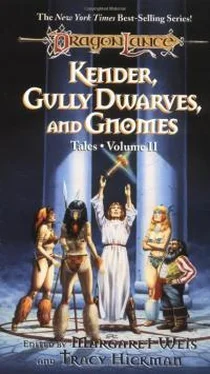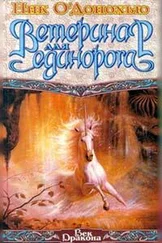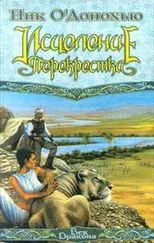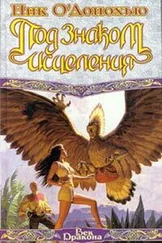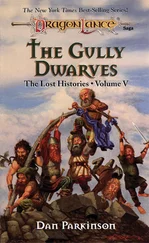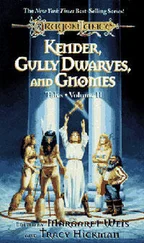An instrument which would later ennoble his lyrics with music, an instrument later claimed to be of elven make!
See “Gnome Chicken” recipe in Leaves from the Inn of the Last Home , P. 246.
For related discussion of the “speaking armor” issue, see Philosophika Gnomikon MMXVII (323 A.C.), pp. 675,328—682,465.
Such an idea is scarcely more fanciful than others proposed by advocates of strong military defense. See, for instance, Theros Ironfeld, “Arms for Hostages,” War of the Lance Veteran IV , pp. 42-57.
Printed shamelessly as “Song of the Nine Heroes” in both Chronicles, II, and in Leaves from the Inn of the Last Home . See comments in Section III of this essay.
Indeed, the text of Armavir’s poetry was twice the length of the prose account that makes up the greater part of the Chronicles as they currently stand. It was the elves and the humans who saw fit to disregard much of the compelling verse (never, alas, to be printed, for water damage from last month’s flood has destroyed the one remaining copy of the poetry in its original splendor. Here lies one whose name was writ underwater!)
Oh, they have claimed several reasons for these slights. Claimed that Armavir was overly fond of wine (which is Caramon Majere on his high horse [or on the wagon]I am certain!) and overly fond of young girls, who kept getting younger and younger, larger and larger, as the War continued (this clearly an accusation made by Tanis, who made an incredible fuss over some harmless keyhole observations [see commentary on lines 46-50, “Song of the Ten Heroes,” in Section III of this essay. I wish that only once, someone would ask him who ghosted his “Dear Kitiara” letter, but he’s elf enough—just barely—to get by without questioning]).
The Philosophika Gnomikon.
First appeared as “Song of the Nine Heroes”: Chronicles , II, pp. 5-7.
Chronicles , I, p. 75. Caramon deftly changed the name of this (though why he would choose “Trailsong” is beyond this humble writer). It was written some years after the war, in a moment of abject bitterness, for Caramon himself (Tika being the “one true love” of the poem). Reorx knows what Tasslehoff sang before the centaurs, but it wasn’t this.
Chronicles , III, p. 261. He’d even claim this as his own, that bald-faced little graverobber of metaphor!
Legends , II, p. 86. The last two stanzas are Armavir’s, the first two Tasslehoff’s perversion. Side by side (or rather, one on top of the other) they produce an astonishing contrast in quality that is evident to this day.
A longer poem of Armavir’s about this adventure appears elsewhere, conveniently pirated by that Solamnic Knight of the Rose, Michael Williams, who should remember that the Order of the Rose urges its knights to take pity on those less fortunate rather than to steal their verses.
Chronicles , III, p.5.
Legends , I, p. 94.
Chronicles . I, pp. 442-445.
Legends , III, p. 164.
pp. 380-381.
Obviously, the line also refers to the abandoned “Star Wires”
Chronicles , I, pp. 436-437.
Elf water —a name dwarves use for wine, which they can’t abide.
